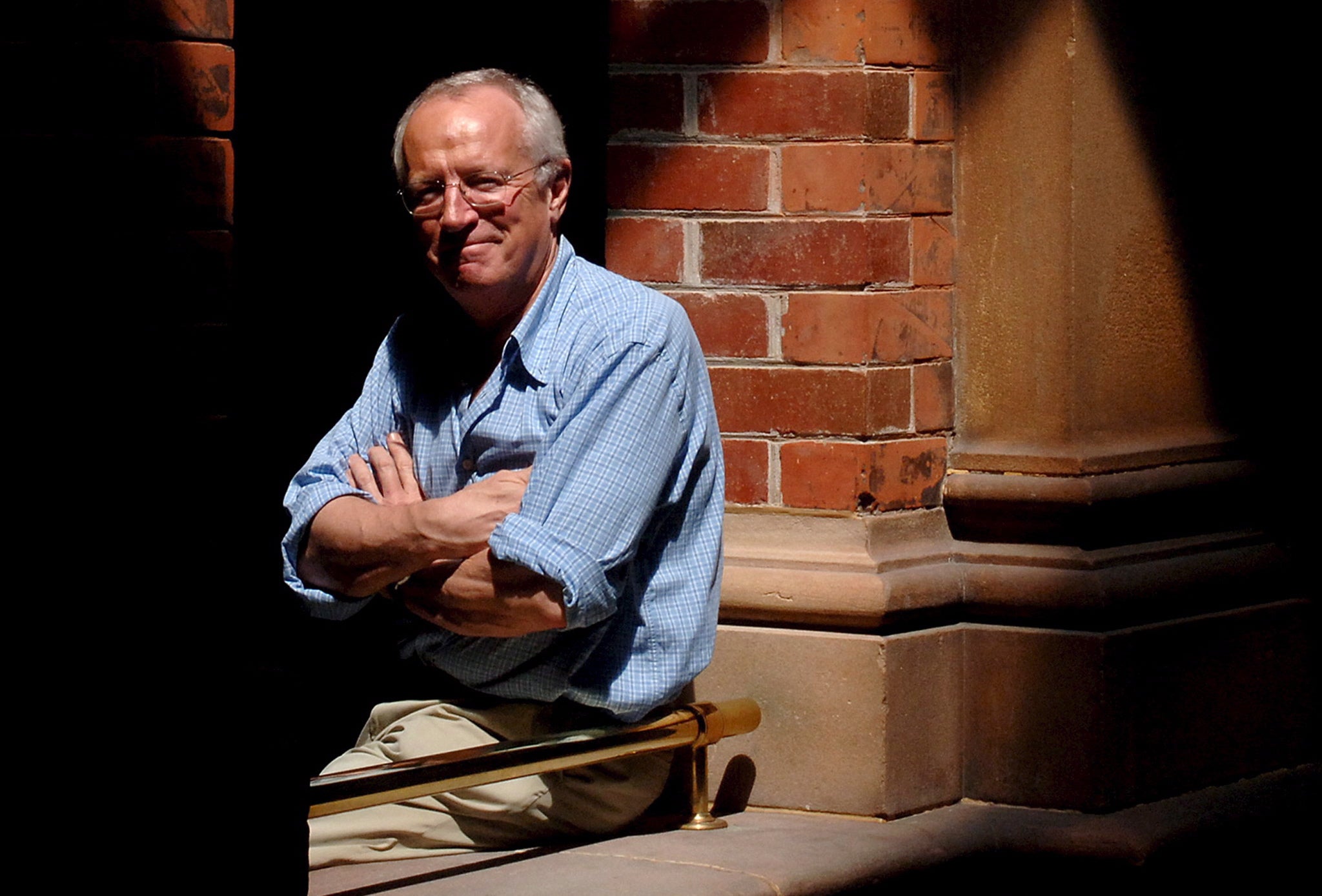Robert Fisk was a powerful voice – and his work will live on for a long time
Fisk’s views on the folly of misguided military intervention are now shared widely across the political spectrum – and he inspired many in writing them, writes Kim Sengupta


Robert Fisk was one of the most well-known foreign correspondents of recent times. He remained a constant and powerful voice in The Independent right from its earliest days – covering historic events which have shaped the Middle East and countries beyond.
Fisk was also a successful author who brought the eye for detail and personal insight of a reporter to analyse the turbulent geopolitics of the region, and the enmities which has led to it becoming such an incendiary arena for conflicts drawing in a number of international powers.
As a journalist with a career spanning decades, Fisk got to know public figures, especially in the Arab world and Israel, as they rose to senior positions. His range of contacts brought him great scoops like interviews with Osama bin Laden, the leader of al-Qaeda, more than once.
Fisk’ writing, often polemical, drew criticism. That is inevitable when writing on volatile politics and bitter generational conflicts. Fisk became and remained a critic of Western foreign policy in the Middle East which won him great support and recognition in the Arab world. His views on the folly of misguided military intervention are now shared widely across the political spectrum.
Fisk also represented a type of journalism – being out on the field to try and find out what is going on, not being dependant on “instant news” put together from afar – which has become increasingly under threat. This is due to the constraints of costs, but also, as we have seen, a desire to manipulate news by powerful vested interests, including political leaders.
It is vitally important, now more than ever, to protect this role of the journalist. For them to be where bad things may be happening and to try and show readers – and viewers – what is going on.
Fisk inspired many young journalists to try their hand at foreign reporting. I remember meeting him for the first time when I was working on a local newspaper and freelancing in what was then Fleet Street.
I was at the home of Louis Heren, a famous former foreign editor and deputy editor of The Times , in north London. Louis, who I had got to know through his children, Sarah and Patrick, had been an acclaimed foreign correspondent and I used to hugely enjoy listening to his experiences on the road.
Fisk turned up one day to present a book he had just written to his old boss and generously gave me another, I remember sitting talking to the two men and thinking what an interesting life they have had.
Many years later, over a very long drink in Beirut, Fisk reminded me of the visit to Louis’ home. He insisted I was wrong about some of the details, including on which papers I was doing “shifts” at the time. But I was touched that he remembered a meeting with a callow reporter such a long time ago.
Later, as a journalist for The Independent, covering stories in Northern Ireland, the Balkans, the Middle East and Afghanistan – where Fisk had reported from before so extensively – made me realise the sheer breadth and scope of his work. That work will live on – a witness to history.


Join our commenting forum
Join thought-provoking conversations, follow other Independent readers and see their replies